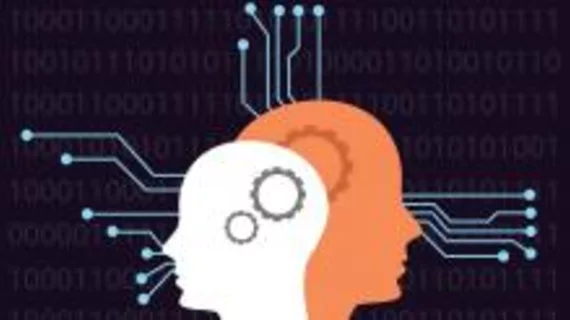Survey: 44% of US adults would trust AI for cancer diagnosis, treatment recommendation
More than 40 percent of Americans would trust artificial intelligence (AI) for a cancer diagnosis, according to a nationwide survey.
The McKesson Corporation, along with research and consulting firm Ipsos, recently conducted a survey asking more than 2,000 United States residents their thoughts on cancer care and what its future holds.
According to the results, 44 percent of Americans would trust AI for a cancer diagnosis or treatment recommendations. However, the numbers were skewed between men and women. While 52 percent of men said they would trust AI for that information, just 36 percent of women said they would.
The survey also revealed that 60 percent of Americans are open to genetic testing to assess their risk of developing cancer.
“It’s exciting to see that as genomic medicine is becoming more accessible and affordable, people are willing to embrace DNA testing to learn their potential genetic predispositions,” US Oncology Network President Michael Seiden, MD, PhD, said in a statement. “We are also seeing major scientific learnings and technological advances in biology, chemistry and immunology that are being integrated into new therapies for cutting-edge clinical trials within US Oncology Research.”

